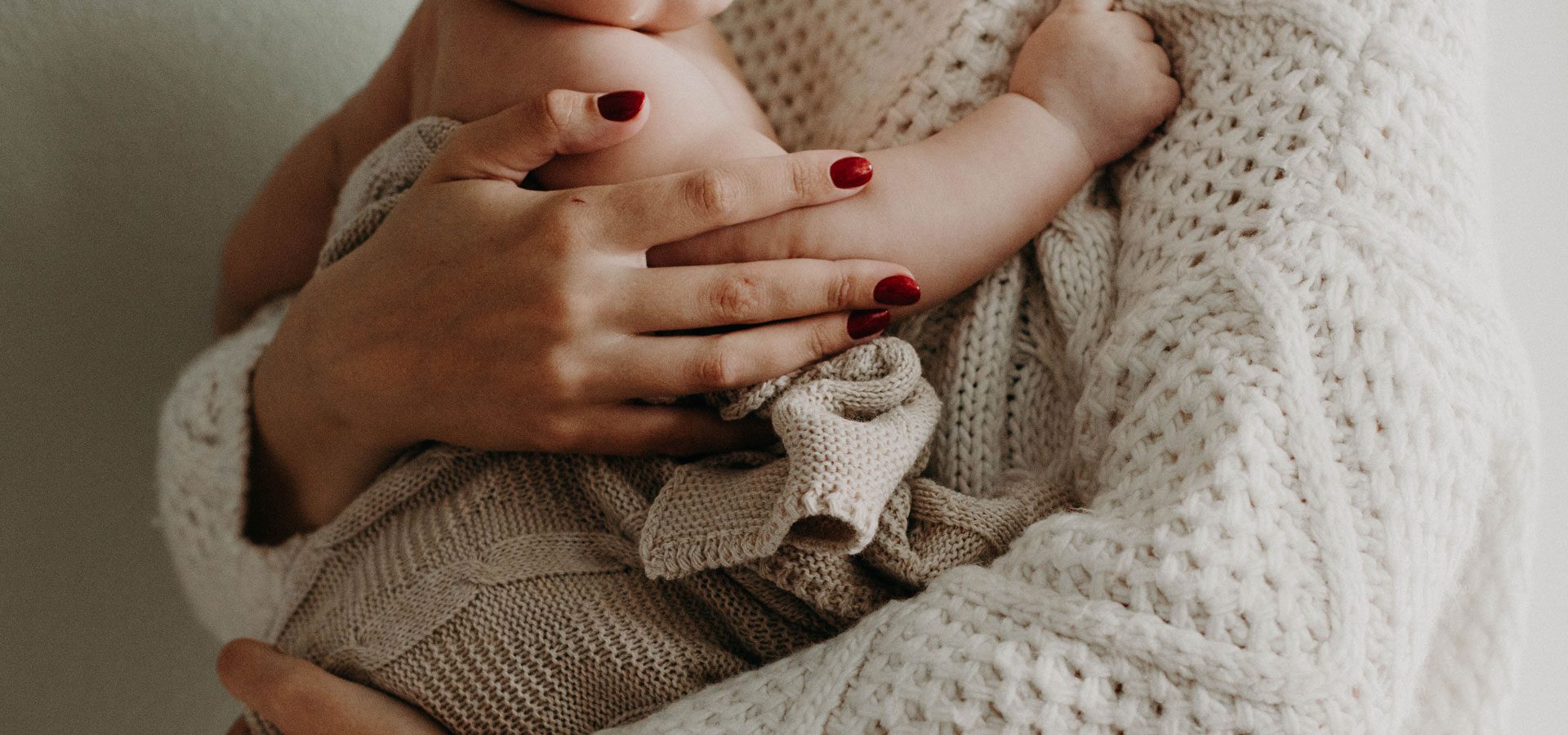Service Definition
Child-Parent Psychotherapy (CPP) is an intervention model for children aged 0-5 who have experienced traumatic events and/or are experiencing mental health, attachment, and/or behavioral problems. The treatment is based in attachment theory but also integrates psychodynamic, developmental, trauma, social learning, and cognitive behavioral theories. Therapeutic sessions include the child and parent or primary caregiver. A central goal is to support and strengthen the caregiver-child relationship as a vehicle for restoring and protecting the child’s mental health. Treatment also focuses on contextual factors that may affect the caregiver-child relationship (e.g. cultural norms and socioeconomic and immigration related stressors).
Targets of the intervention include caregivers’ and children’s maladaptive representations of themselves and each other and interactions and behaviors that interfere with the child’s mental health. For children exposed to trauma, caregiver and child are guided over the course of treatment to create a joint narrative of the traumatic event and to identify and address traumatic triggers that generate dysregulated behaviors and affect. Treatment is generally conducted by a master’s or doctoral-level therapist and involves weekly hour-long sessions.
Population Served
Therapy for young children from birth through age five and their parents/caregivers

